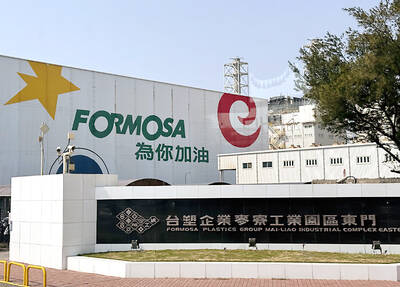US stocks fell, sending the Standard & Poor’s 500 Index to its worst weekly loss in two months, as Spanish, French and Italian bond yields rose and Fitch Ratings said Europe’s debt crisis poses a threat to US banks.
Alcoa Inc, Chevron Corp and JPMorgan Chase & Co lost at least 8 percent to lead declines in the Dow Jones Industrial Average. Sears Holdings Corp fell 14 percent and Abercrombie & Fitch Co dropped 17 percent after the retailers’ quarterly results trailed forecasts. Marathon Petroleum Corp and HollyFrontier Corp plunged more than 13 percent on speculation refining profits will decline.
The S&P 500 decreased 3.8 percent, the most since the week ended Sept. 23, to 1,215.65. The index closed at the lowest level since Oct. 20. The Dow fell 357.52 points, or 2.9 percent, to 11,796.16.
“In the eurozone you’ve got this horrible crisis and it’s not clear to anyone how it is going to be solved,” George Feiger, chief executive officer of Contango Capital Advisors Inc, the San Francisco-based wealth management arm of Zions Bancorporation, which oversees about US$3.3 billion, said in a telephone interview.
“The most important thing from an American perspective is that they not let the banking system implode, and even that is not guaranteed,” he said.
Equities slumped this week as higher government bond yields in Spain, France and Italy spurred concern the European debt crisis is intensifying outside Greece. The S&P Financials Index slumped 5.6 percent this week, the biggest drop among 10 industries, after the Fitch report spurred speculation that the European crisis poses a threat to earnings.
The Morgan Stanley Cyclical Index lost 4.5 percent as 28 of its 30 stocks retreated. The Dow Jones Transportation Average slumped 2.8 percent. Both fell the most in a week since September.
Banks dropped after Fitch said they face a “serious risk” that their creditworthiness will deteriorate if Europe’s debt crisis worsens. Morgan Stanley slipped 13 percent to US$14.21. JPMorgan dropped 8 percent to US$30.62. Citigroup Inc slid 10 percent to US$26.28.

EXTRATERRITORIAL REACH: China extended its legal jurisdiction to ban some dual-use goods of Chinese origin from being sold to the US, even by third countries Beijing has set out to extend its domestic laws across international borders with a ban on selling some goods to the US that applies to companies both inside and outside China. The new export control rules are China’s first attempt to replicate the extraterritorial reach of US and European sanctions by covering Chinese products or goods with Chinese parts in them. In an announcement this week, China declared it is banning the sale of dual-use items to the US military and also the export to the US of materials such as gallium and germanium. Companies and people overseas would be subject to

Taiwan Semiconductor Manufacturing Co (TSMC, 台積電) founder Morris Chang (張忠謀) yesterday said that Intel Corp would find itself in the same predicament as it did four years ago if its board does not come up with a core business strategy. Chang made the remarks in response to reporters’ questions about the ailing US chipmaker, once an archrival of TSMC, during a news conference in Taipei for the launch of the second volume of his autobiography. Intel unexpectedly announced the immediate retirement of former chief executive officer Pat Gelsinger last week, ending his nearly four-year tenure and ending his attempts to revive the

WORLD DOMINATION: TSMC’s lead over second-placed Samsung has grown as the latter faces increased Chinese competition and the end of clients’ product life cycles Taiwan Semiconductor Manufacturing Co (TSMC, 台積電) retained the No. 1 title in the global pure-play wafer foundry business in the third quarter of this year, seeing its market share growing to 64.9 percent to leave South Korea’s Samsung Electronics Co, the No. 2 supplier, further behind, Taipei-based TrendForce Corp (集邦科技) said in a report. TSMC posted US$23.53 billion in sales in the July-September period, up 13.0 percent from a quarter earlier, which boosted its market share to 64.9 percent, up from 62.3 percent in the second quarter, the report issued on Monday last week showed. TSMC benefited from the debut of flagship

TENSE TIMES: Formosa Plastics sees uncertainty surrounding the incoming Trump administration in the US, geopolitical tensions and China’s faltering economy Formosa Plastics Group (台塑集團), Taiwan’s largest industrial conglomerate, yesterday posted overall revenue of NT$118.61 billion (US$3.66 billion) for last month, marking a 7.2 percent rise from October, but a 2.5 percent fall from one year earlier. The group has mixed views about its business outlook for the current quarter and beyond, as uncertainty builds over the US power transition and geopolitical tensions. Formosa Plastics Corp (台灣塑膠), a vertically integrated supplier of plastic resins and petrochemicals, reported a monthly uptick of 15.3 percent in its revenue to NT$18.15 billion, as Typhoon Kong-rey postponed partial shipments slated for October and last month, it said. The